24/7 Helpline:
(866) 899-221924/7 Helpline:
(866) 899-2219
Learn more about Group Therapy centers in Black Mountain
Group Therapy in Other Cities

Other Insurance Options

Meritain

Access to Recovery (ATR) Voucher

Horizon Healthcare Service

United Health Care

AllWell

GEHA

Aetna

PHCS Network

Premera

Amerigroup

Highmark

Absolute Total Care

Lucent

UnitedHealth Group

Evernorth

WellCare Health Plans

Providence

Ceridian

Kaiser Permanente

MHNNet Behavioral Health

Julian F. Keith Alcohol and Drug Abuse Treatment Center
Julian F. Keith Alcohol and Drug Abuse Treatment Center is a public rehab located in Black Mountain,...

Insight Human Services – Robert Swain Recovery Center
Insight Human Services is a nonprofit rehab located in Reidsville, North Carolina. Insight Human Ser...


Black Mountain Treatment Center
Black Mountain Treatment Center is a 60 bed residential treatment facility for women located in Swan...


Asheville Recovery Center
Asheville Recovery Center in North Carolina is an accredited addiction rehab for adults. Utilizing t...

Crest View Recovery Center
Crest View Recovery Center is a CAR-accredited drug and alcohol addiction rehab located in Asheville...

Real Recovery
Real Recovery is an adventure-based and brotherhood-focused sober living and after care program for ...

Next Step Recovery
Next Step Recovery in Ashville, NC is an accredited dual-diagnosis substance abuse addiction treatme...

RHA Behavioral Health Services – Addiction Recovery
RHA Health Services is a dedicated dual diagnosis mental health and addiction rehab center located i...

October Road
October Road provides evidence-based treatment methods, comprehensive service planning, and tracking...

Mountain Area Recovery Center
Mountain Area Recovery Center is a private rehab located in Asheville, North Carolina. Mountain Area...

Western Carolina Rescue Ministries
Western Carolina Rescue Ministries' Recovery Program is a free 12-month residential drug and alcohol...

Asheville Institute
Asheville Institute is an outpatient rehab located in Asheville, NC. Asheville Institute specializes...

The Relationship Center
The Relationship Center is a private rehab located in Asheville, North Carolina. The Relationship Ce...

Willow Place
Willow Place is a private rehab located in Asheville, North Carolina. Willow Place specializes in th...

Asheville Comprehensive Treatment Center
Asheville Comprehensive Treatment Center is a private rehab located in Asheville, North Carolina. As...

The Willows At Red Oak Recovery
The Willows At Red Oak Recovery is a public rehab located in Asheville, North Carolina. The Willows ...

Crossroads Treatment Center
Crossroads Treatment Center is a private rehab located in Asheville, North Carolina. Crossroads Trea...

Insight Human Services – Women’s Recovery Center
Insight Human Services - Women's Recovery Center is a nonprofit rehab located in Asheville, North Ca...

Insight Human Services – North Louisiana Avenue
Insight Human Services is a drug and alcohol addiction treatment provider for adults and adolescents...








































































































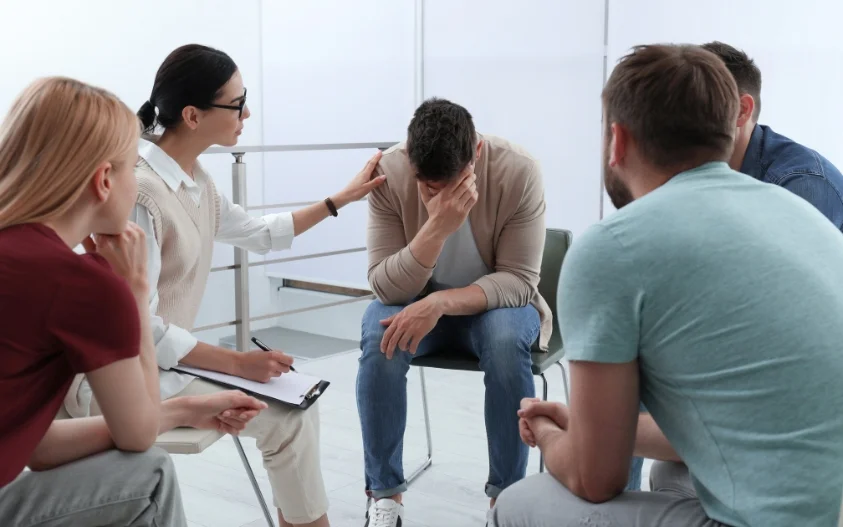



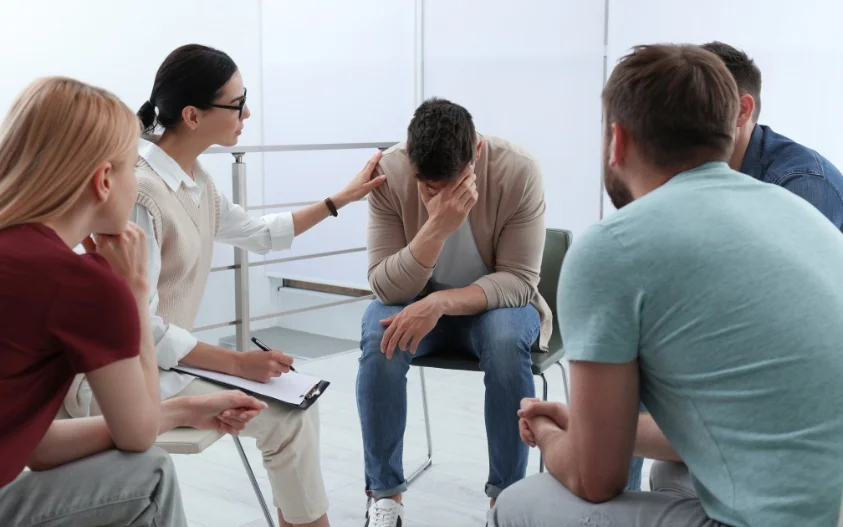







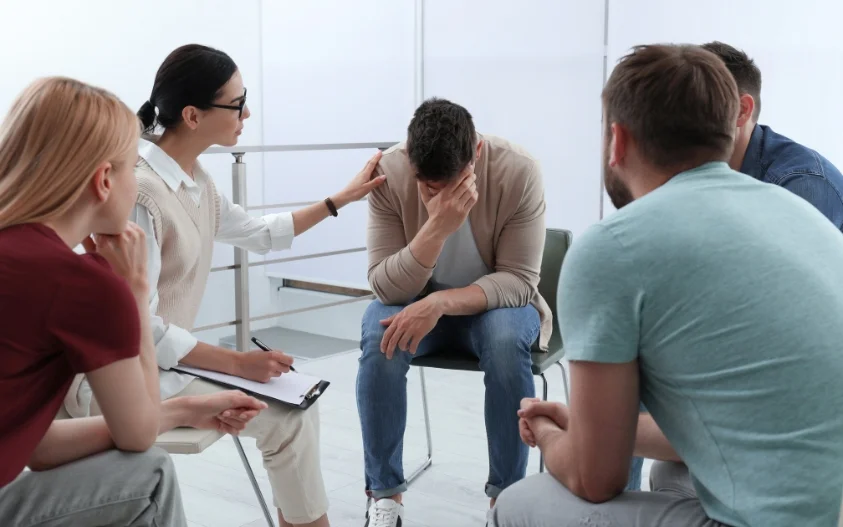



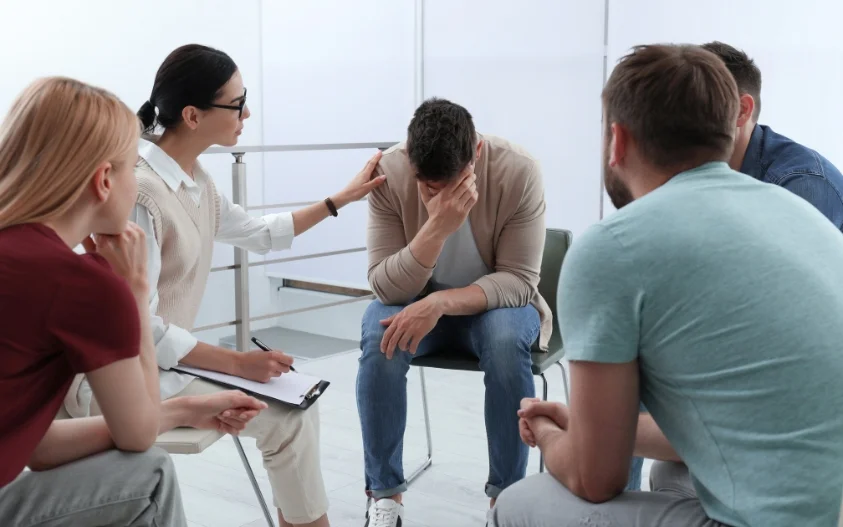

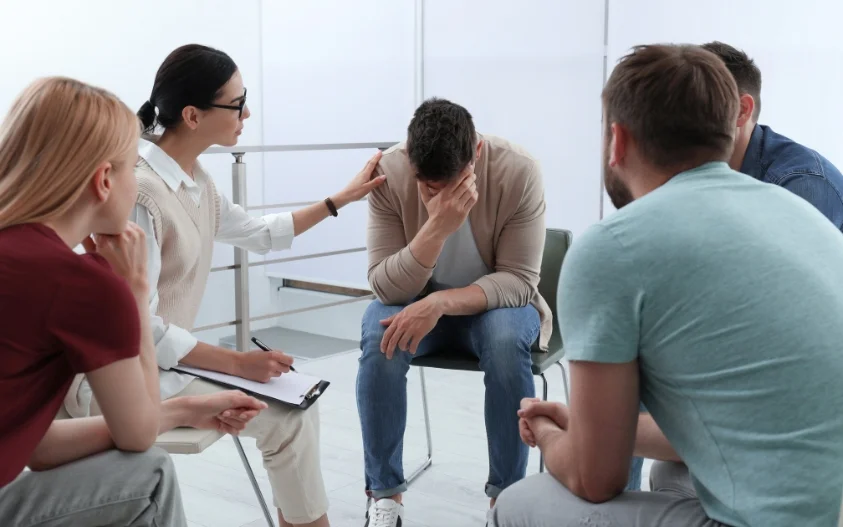













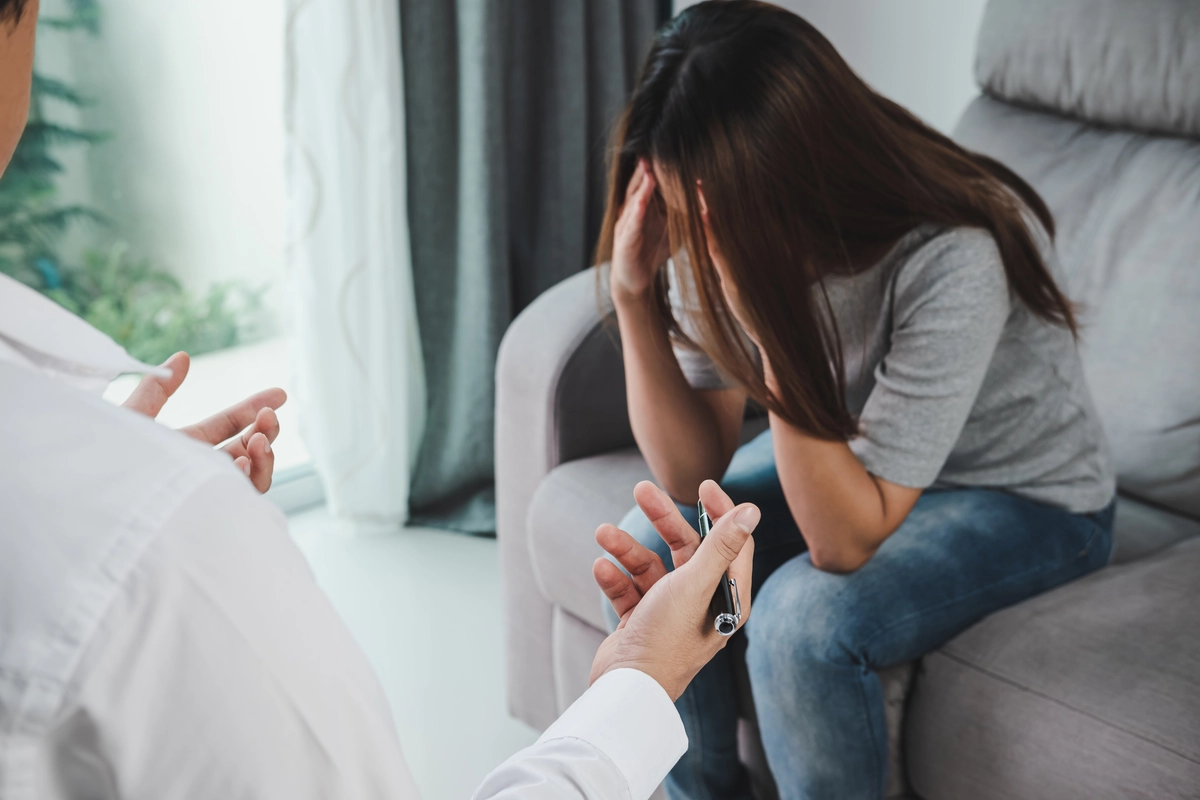











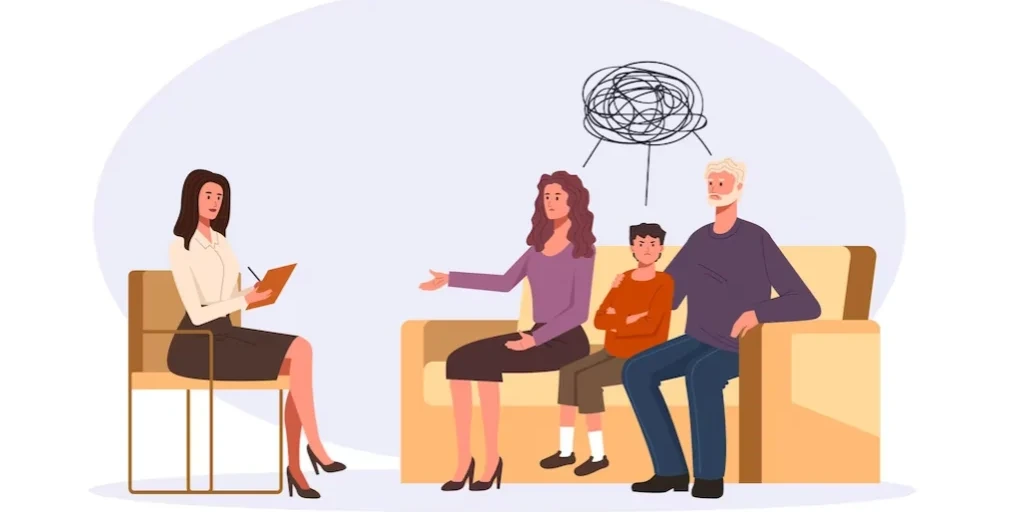


















































Pathways of Change
Pathways of Change is a private rehab located in Asheville, North Carolina. Pathways of Change speci...

PASS Day Treatment Program
PASS Day Treatment Program is a private rehab located in Swannanoa, North Carolina. PASS Day Treatme...

Addiction Recovery Program Phoenix – Orange Street Recovery Center
Addiction Recovery Program Phoenix – Orange Street Recovery Center is a private rehab located in Ash...

Lighthouse Recovery
Lighthouse Recovery is a private rehab located in Asheville, North Carolina. Lighthouse Recovery spe...

Western Carolina Treatment Center
Western Carolina Treatment Center is an Opioid Treatment Program located in Asheville, NC. Western C...

Criminal Justice – Women at Risk Program
Criminal Justice – Women at Risk Program is a private rehab located in Asheville, North Carolina. Cr...

NC Brookhaven Behavioral Health
NC Brookhaven Behavioral Health, located in Asheville, North Carolina, is a behavioral healthcare an...

Orange Street Recovery Center
Orange Street Recovery Center is a private rehab located in Asheville, North Carolina. Orange Street...

Hominy Creek Sober Home for Women
Hominy Creek Sober Home for Women is a private rehab located in Asheville, North Carolina. Hominy Cr...

ARP – Phoenix
ARP – Phoenix is a private rehab located in Asheville, North Carolina. ARP – Phoenix specializes in ...

Women’s Recovery Center – Insight Human Services
Women’s Recovery Center – Insight Human Services is a private rehab located in Asheville, North Caro...

Family Preservation Services
Family Preservation Services is a private rehab located in Asheville, North Carolina. Family Preserv...

Horizon Recovery
Horizon Recovery is a private rehab located in Asheville, North Carolina. Horizon Recovery specializ...

Carolina Outreach
Carolina Outreach is located in Asheville, North Carolina. Carolina Outreach is a North Carolina bas...

Legacy Treatment Centers
Legacy Treatment Centers - Hendersonville Road offers intensive outpatient treatment for individuals...

Mountain Treatment Center
Mountain Treatment Center is an outpatient substance abuse treatment center that helps patients with...

















































